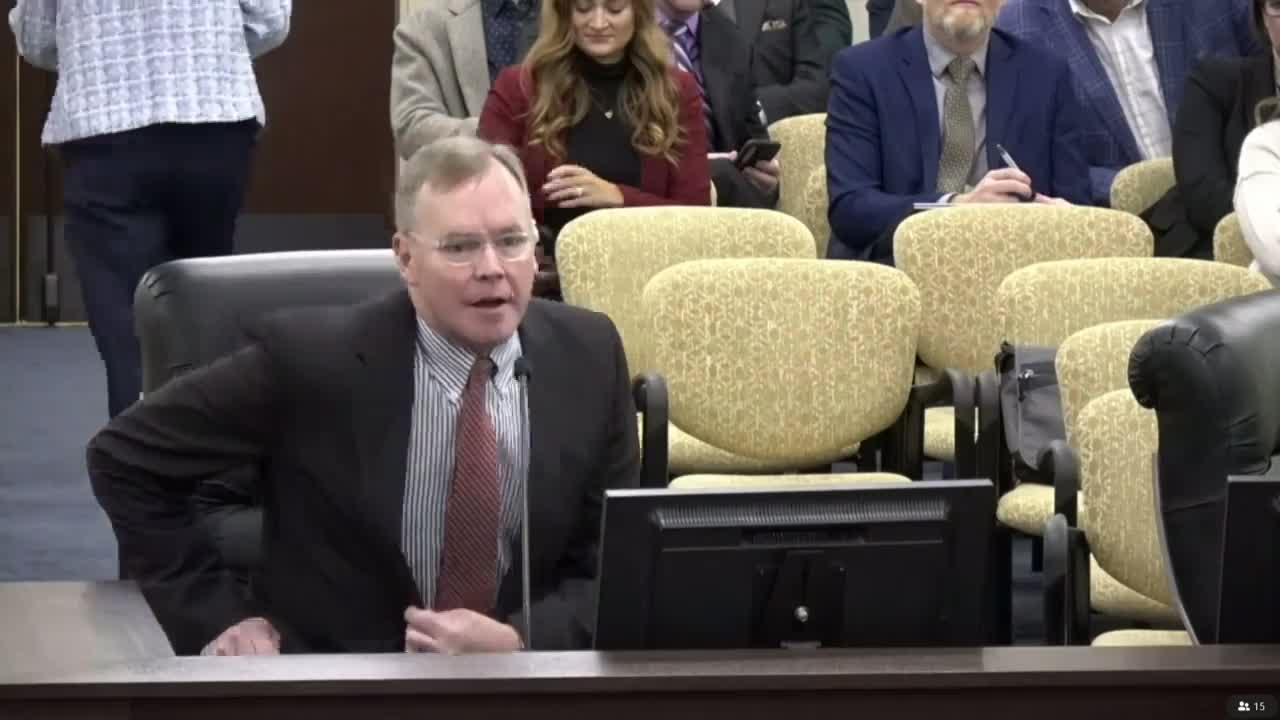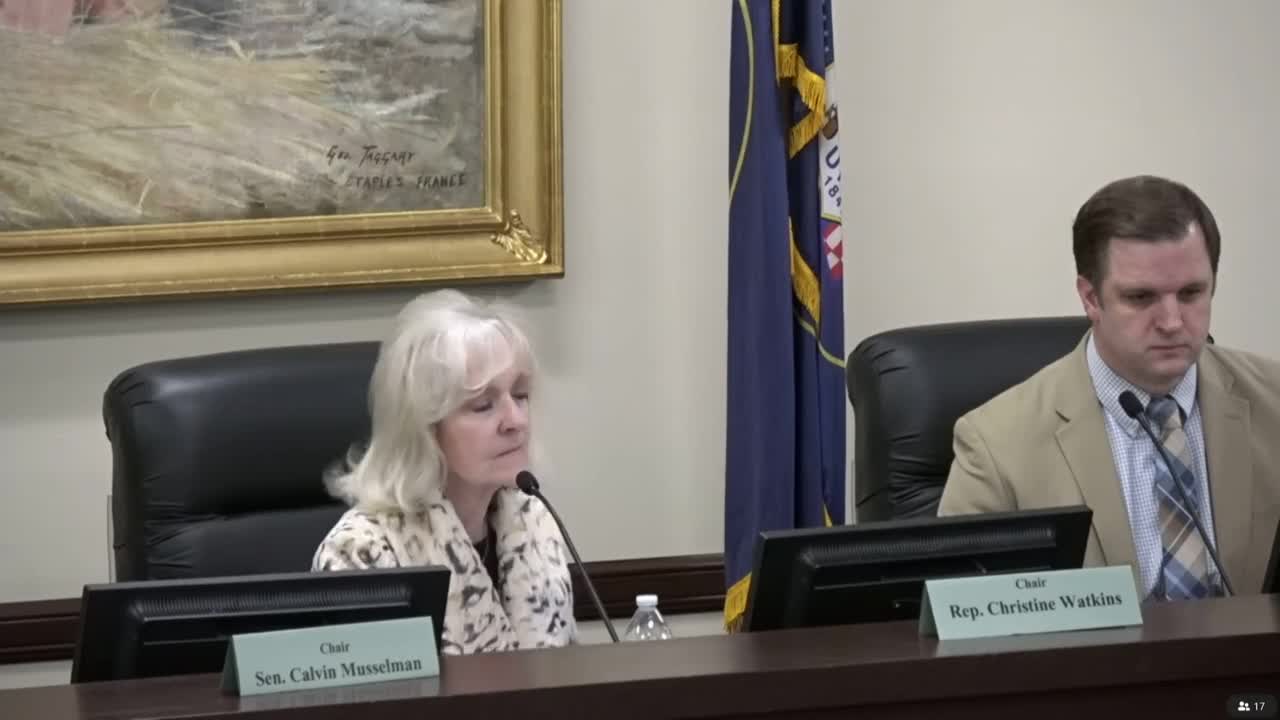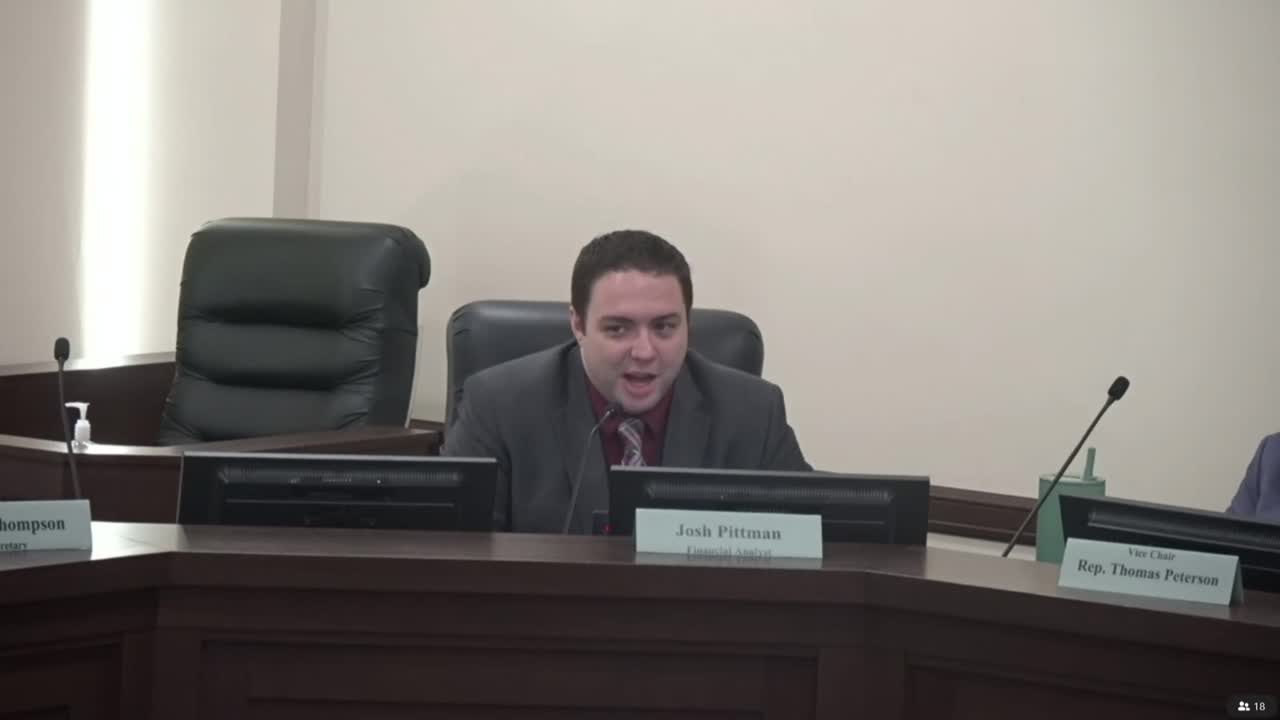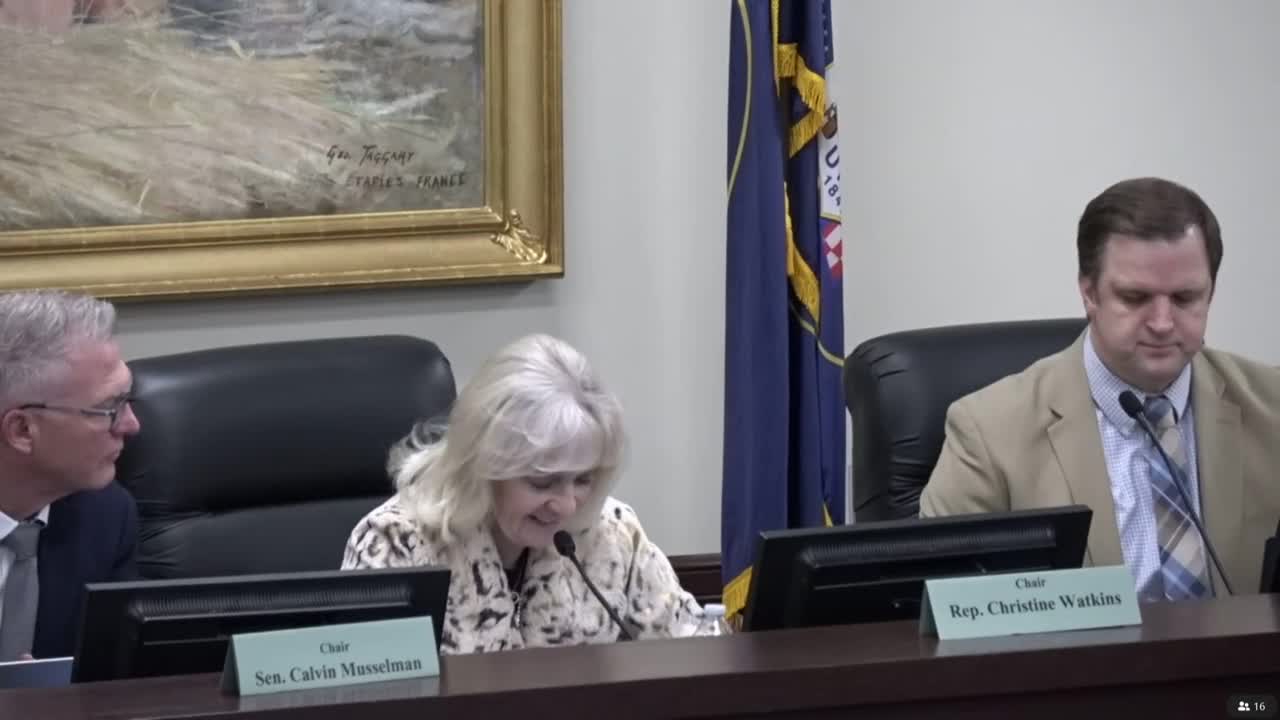Article not found
This article is no longer available. But don't worry—we've gathered other articles that discuss the same topic.

State housing adviser outlines market pressures, preservation and public‑land opportunities

Office of Homeless Services seeks ongoing funds for new family shelter, outlines state homelessness trends

Subcommittee reviews TANF rules, eligibility and a proposal to use TANF for childcare subsidies

